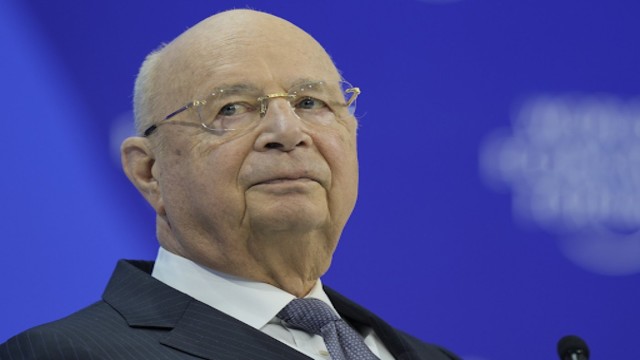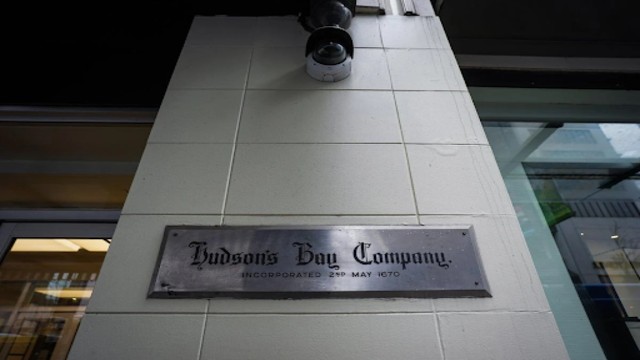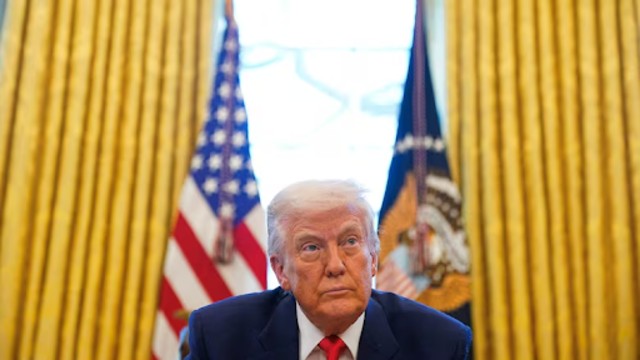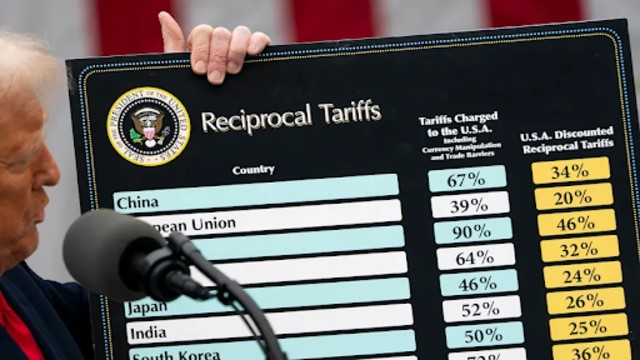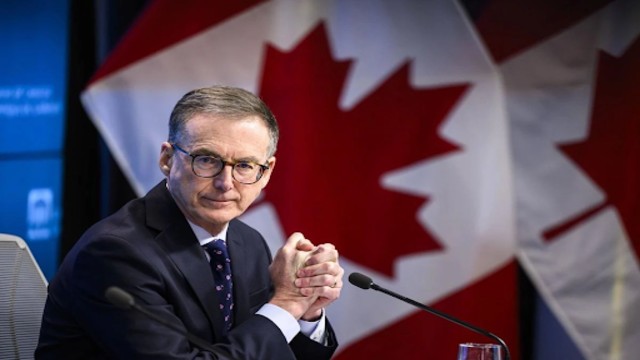
Historically, stocks have often risen on U.S. election day. (Richard Drew/AP via CNN Newsource)
New York – U.S. stock markets surged in after-hours trading Tuesday evening, with a new record high for Bitcoin as Wall Street responded to early results in the presidential election. Dow Jones futures spiked over 600 points, while the S&P 500 saw a half-percent rise as initial vote counts began trickling in. The U.S. dollar index also reached its strongest level since July.
Cryptocurrencies, which some link to what’s known as the “Trump trade,” also climbed on Tuesday. Bitcoin hit an all-time high, surpassing $74,000, breaking its previous record from March. Former President Donald Trump has shown support for cryptocurrencies in the past, which may have contributed to this surge.
Dogecoin, another cryptocurrency known for its volatility and backed by Tesla CEO Elon Musk, saw a 20% increase over the past day. Musk is also known as a Trump supporter, adding to the day's intrigue in the crypto market.
As Trump led Vice President Kamala Harris in early counts, several key battleground states were still undecided late Tuesday night. With the race between Harris and Trump remaining very close, economists cautioned that market volatility could increase, especially if the final result is delayed. Previous elections, like Biden's 2020 victory and the Bush-Gore contest in 2000, showed that prolonged uncertainty can unsettle markets.
By Tuesday’s close, the Dow rose by 425 points, or 1%, the S&P 500 gained 1.2%, and the tech-focused Nasdaq climbed 1.4%, reflecting optimism from investors as Americans cast their ballots. Historically, stocks tend to rise on election day; this marks the sixth consecutive election day rally for both the S&P 500 and the Nasdaq.
“We’re seeing a relief rally now that the election is underway,” said Louis Navellier of Navellier & Associates in a note to investors. “While the outcome is still uncertain, getting past election day itself seems to ease investor concerns.”
However, analysts warned that a delayed or disputed outcome could fuel market swings. “With election day finally here, expect more volatility, especially if results take longer than expected or face legal challenges,” said Adam Turnquist, chief technical strategist for LPL Financial. “The markets may be resilient, given past experiences like the 2000 recount and January 6, but uncertainty always presents risks for investor sentiment.”
The market’s response may vary depending on who emerges as the leader. A Harris win could boost green energy and manufacturing stocks due to anticipated support for infrastructure, clean energy, and social programs, while tech and finance sectors might face increased regulatory pressure. A Trump lead, on the other hand, would likely benefit energy, finance, and industrial sectors, as investors expect continued tax cuts and fewer regulations, according to Turnquist.
Historically, stocks have often performed well in the months following elections, regardless of the winner. “Over time, earnings, inflation, and interest rates drive most stock movements. Policy matters, particularly regarding taxes and trade, but its influence isn’t as overwhelming as some might think,” added Turnquist.
Adding to the week’s complexities, the U.S. Federal Reserve is set to announce its latest interest rate decision just two days after the election. The announcement, the first since a recent half-point rate cut, comes amid fresh data suggesting a cooling labor market, creating a busy and potentially turbulent week for the financial world.


